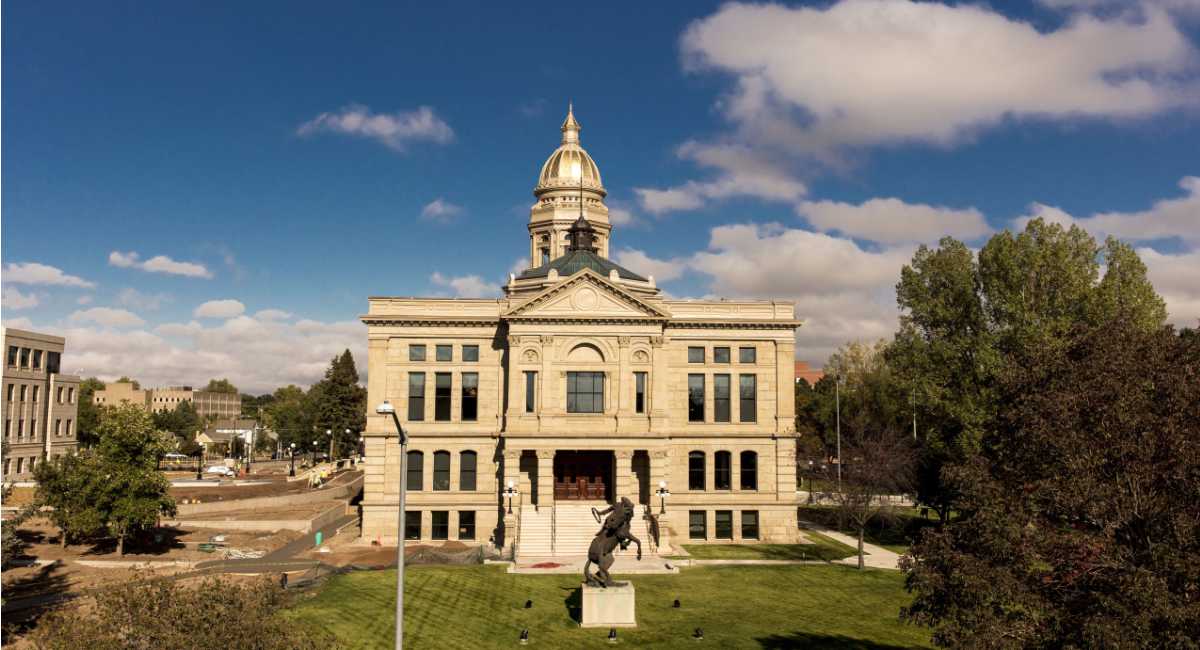The Wyoming legislature has approved a bill that would protect most preborn human beings from abortion beginning at fertilization.
The Life is a Human Right Act (House Bill 152) has passed both the Wyoming House and Senate and will now head to the desk of Gov. Mark Gordon. It is unclear if Gordon will sign the bill into law.
“Every life is precious, and I am proud of Wyoming’s tenacity and determination in protecting unborn children, supporting women, and upholding the dignity of the medical profession by enacting this pro-life law,” Rep. Rachel Rodriguez-Williams (R), sponsor of the bill, told Live Action News. “At conception, a child has his own unique DNA; at 6 weeks, his heart beats; and at 10 weeks, he has his own fingerprints. While other states are pushing an extreme abortion agenda, comparable to North Korea’s and China’s inhumane laws, Wyoming is a pro-life state, affirming that life is a human right and ensuring that women have real support.”
The bill states, “[A]bortion as defined in this act is not health care. Instead of being health care, abortion is the intentional termination of the life of an unborn baby.”
The Life is a Human Right Act does include exceptions for rape and incest once the sexual assault is reported to law enforcement, and for when the preborn child has received a fetal diagnosis that is deemed to be “lethal.” The bill also ensures that doctors can perform “a pre-viability separation procedure necessary” to save the mother’s life. Preterm deliveries to save the mother and child are not considered to be induced abortions.
Anyone who violates the Life is a Human Right bill could be charged with a felony punishable by a fine of up to $20,000 and/or imprisonment of no more than five years.

There were 98 abortions reported in Wyoming in 2021, up from 31 abortions in 2019, and 91 abortions in 2020. All of the abortions reported in 2021 took place prior to 11 weeks.
Wyoming had previously enacted a law protecting preborn children from abortion, but it was blocked by a judge last year. The state’s trigger law, which went into effect when Roe v. Wade was overturned on June 24, 2022, is currently held up in court and not enforceable.
Gordon has said that he is reviewing whether or not the legislation is constitutional. “Obviously, one of the most important [considerations] is constitutionality,” he said in a press conference, adding he wants, “to understand how they interplay with one another, how they interplay with existing law. And then also whether there are any unforeseen consequences that could be problematic.”







